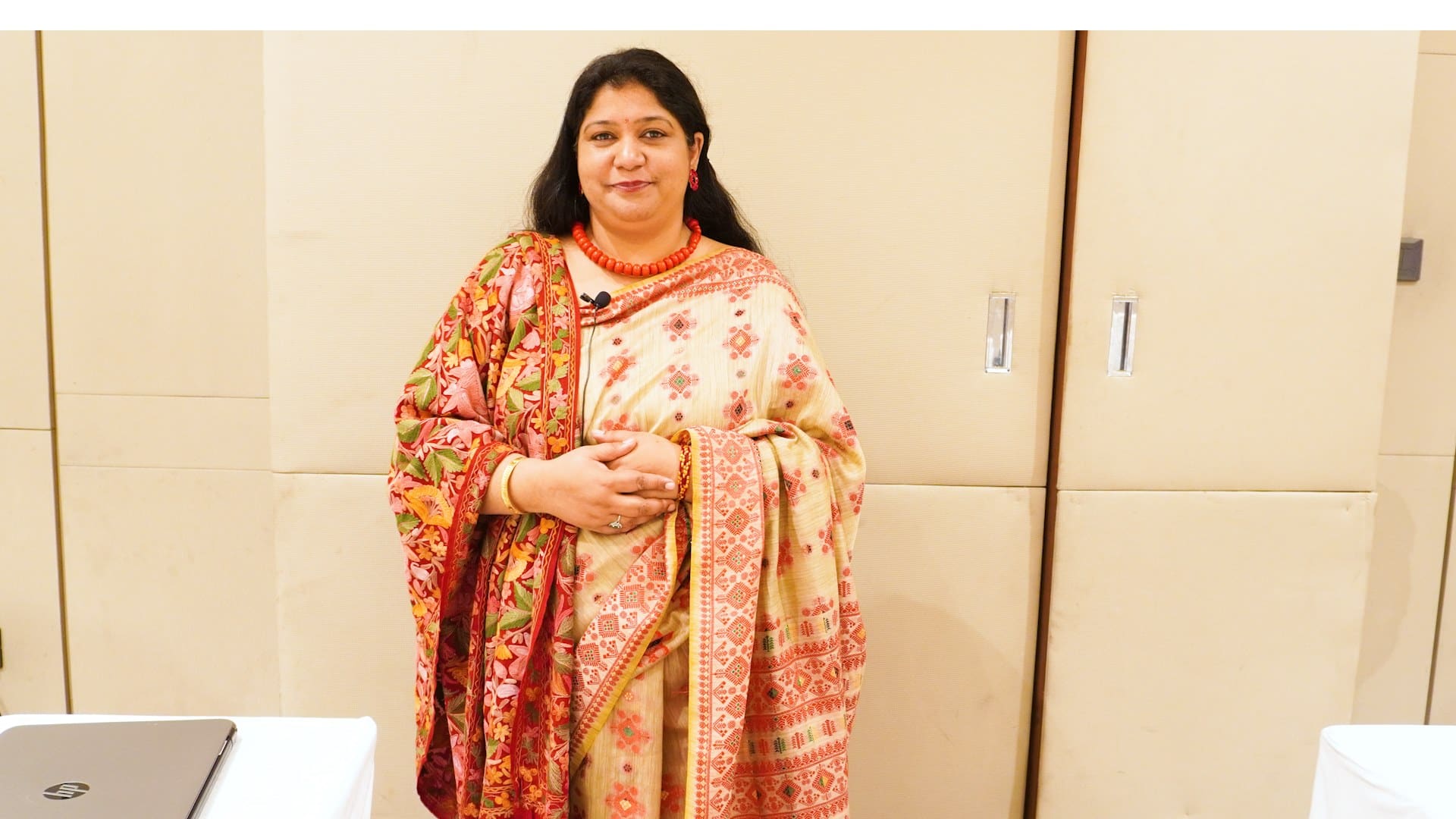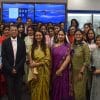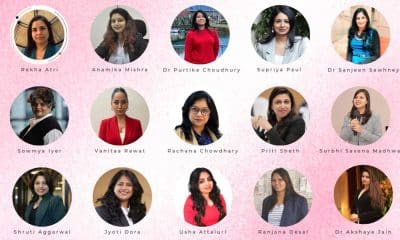Business
Diversity, inclusion and equity can empower women scale new heights: Dr. Aarushi Jain
“If we want women to be successful at workplaces, we must build a culture of diversity, inclusion and equity,” says Dr. Aarushi Jain, associate director at Bharti Institute of Public Policy.
Speaking with The Plunge Daily on International Women’s Day, Dr. Jain stressed the need to address the systematic gender bias in organisations and called for a support structure for women who have to juggle multiple roles as a result of long-established gender stereotypes. Here are the excerpts from the interview.
Q: This year’s theme is ‘Gender equality for a sustainable future’ but gender parity is far from reality not only in India but across the world. Among 2300 organizations surveyed worldwide, studies indicate that females hold just 18% of the senior leadership roles as compared to an overpowering 82% of males in high-ranking capacities. How can we ensure gender-neutralism in leadership roles at our workplaces?
A: Gender Equality is utmost essential for a sustainable future. Women’s roles are stereotyped even in today’s world and when it comes to high- ranking capacity, be it the public or the private sectors, men rule the world. If we want women (or trans, nonbinary, other marginalized groups) to be successful in the workplace, a dynamic culture of inclusion and equity, is the need of the hour. An organization has to begin with commitment to inclusion in all recruitment processes, upto the top of the hierarchy. A gender-neutral leadership can broaden the pool of creativity and innovation and enhance the success of any organization. It needs a definite psychological shift and inculcating the value of equality and neutrality in organizations, through the hierarchy. Thus, building a positive environment by getting over the biases with established performance management systems will help in establishing gender equality at senior leadership positions.
Q: How do you see women entrepreneurs as change-makers for climate adaptation?
A: We need to break the bias and get women to innovate in various arenas, especially in addressing the problems caused by climate change. Women have always played a significant role in adaptation and mitigation because of their traditional knowledge. Women are well equipped in creating sustainable and scalable solutions for climate change. For the broad ambition of achieving sustainable development, women entrepreneurship is the key.
Q: You have been associated with several women-centric issues like female education, save the girl child campaign. What were your major takeaways and how could we enhance social participation for such causes.
A: Societal issues need a mass participatory approach to resolve these, with both intrinsic as well as extrinsic factors contributing to it. People need to be cognizant of the issues in the first place. I have been involved with various causes as female education and declining child sex ratio. The initiatives as they started required efforts initially on awareness generation, followed by strategy and planning on approaching the issues, considering the local context. The next is aiming for an emotional connection with the population and efforts that can lead to change in mind-set. An effective public-private partnership is required to bring in social participation for such causes.
Q: Women have to juggle multiple roles everyday right from their professional commitments to personal ones. Their personal work is often taken for granted which in some way also has an impact on their professional work. Should there be some kind of economic value for domestic labour or a support structure to help them strike a balance between the two?
A: Domestic work is under-valued in societal terms and the economic and social value of the domestic labour or a support structure is not adequately recognized because of the patriarchal set up. There have been several recommendations by International Labour Organizations (ILO), recognized by governments across the globe, that there is a need to understand and accrue the economic value of these efforts, that are ingrained as gender stereotypes.
Q: Conversations around women leaders are changing gradually but still we have a long way to go. What, according to you, will be the top challenges for women leaders in coming years?
A: Women are making a mark at various leadership positions. However, there are challenges that they face, more than their male counterparts and will continue to face till we reach the dream of an equitable and inclusive society. The top challenges as per me will be trusting their own-self, ensuring equality in every process at the workplace, speaking up for oneself even if it is about financial disparities, developing your position and leadership ability amongst various stakeholders. If a woman wants, she definitely can rule the world, the need is self-confidence, self-reflection and innovating to show others the path.







































